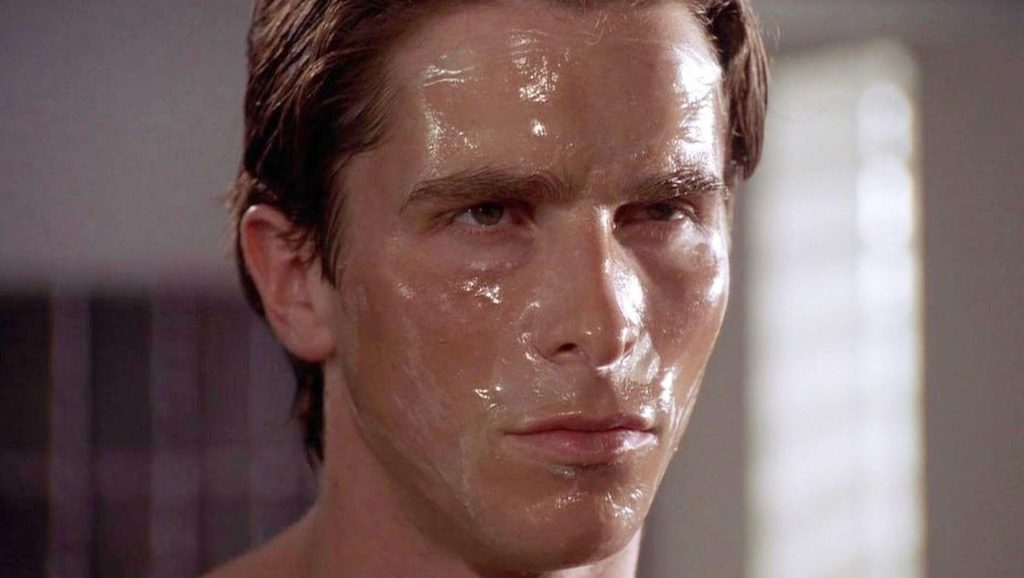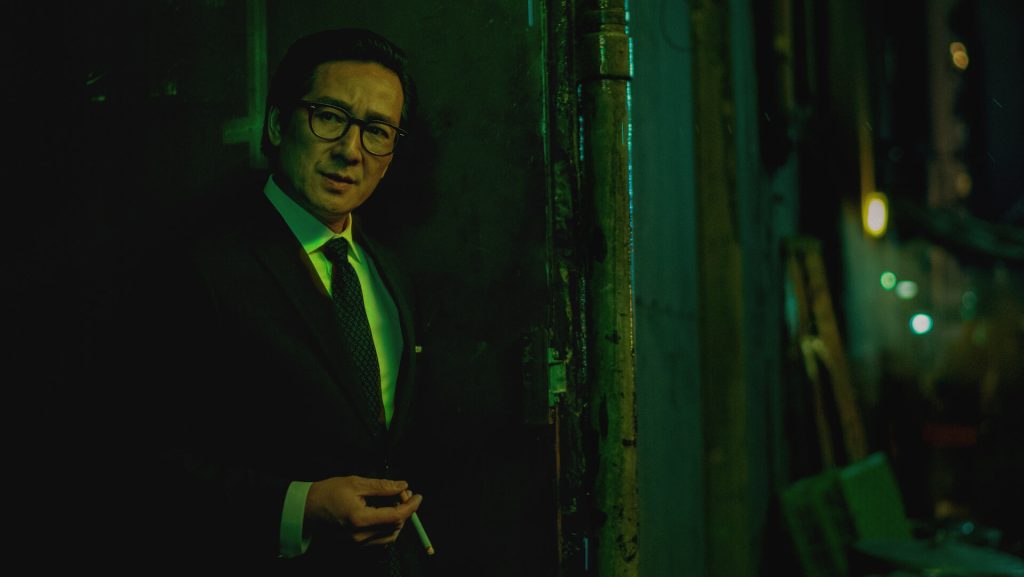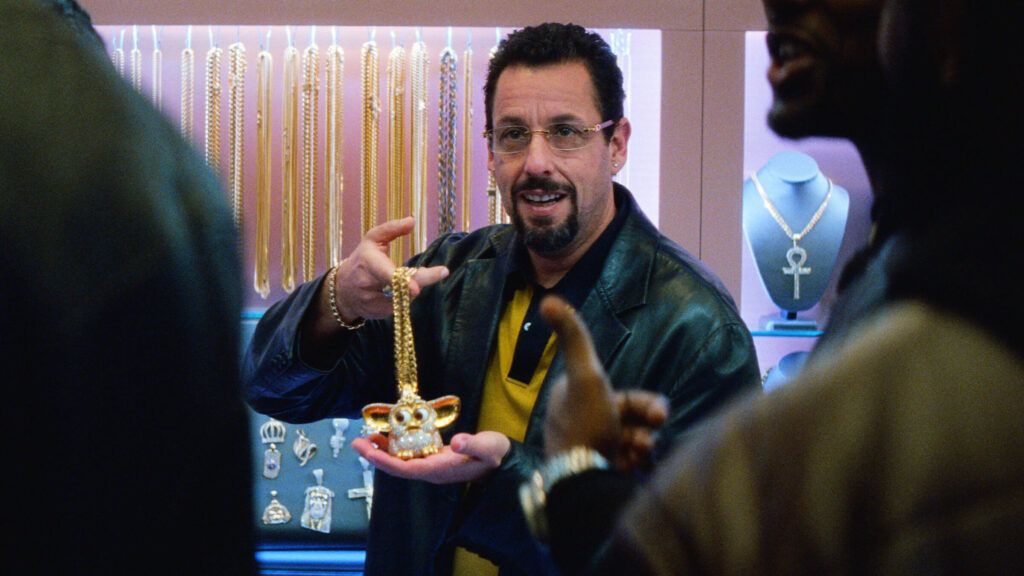In screenwriting, monologues are a powerful tool that can enhance scenes, reveal deep character insights, and create memorable cinematic moments. But what exactly is a monologue, and how do you create one that resonates with your audience? Let’s delve into the nature of monologue, discuss the techniques of writing a compelling monologue, and highlight some of the best monologues in film history.
What is a monologue?
A monologue is a speech delivered by a character that often reveals their inner thoughts, emotions, or motivations. Unlike dialogue, which involves an exchange between two or more characters, a monologue is primarily a monologue performance that can be directed toward other characters, an audience, or the characters themselves.
Monologues can be used in a variety of ways, including:
- Character development: Provides deeper insight into the character’s psychology.
- Plot progress: Advance the story through revelation key information.
- Cathartic impact: arouse strong The emotions of the audience.
- Topic exploration: Highlight the central theme of the story.
- Unforgettable moments: Deliver moments that your audience will remember and be affected by.
Some of the monologues have some back and forth between characters, but these moments are primarily owned by the characters.
Read more: The 15 Most Quotable Movies of All Time

“American Psycho” (2000)
Actors audition with monologues
Monologues provide actors with the opportunity to showcase their acting skills in auditions for plays, commercials, television shows, and movies.
While many auditions require actors to read from a script provided by the project they are auditioning for, some casting directors, producers, and directors sometimes require actors to perform monologues. Monologues used by actors can come from famous plays, TV shows, and movies. However, they can also be original works created by actors or screenwriters they may know.
Tips for Writing a Great Monologue
Writing a great monologue requires a balance of creativity, structure, and understanding of character. Here are some tips to help you create a monologue that stands out:
- Know your personality: Before writing a monologue, do some in-depth research figure Backstory, motivations, and personality. A well-rounded character will make the monologue more realistic and impactful.
- Set context: Identify the setting in which the monologue takes place. What brought this character to this moment? The context will determine the tone and content of the monologue.
- Pay attention to emotions: The best monologues convey raw emotion. Whether the emotion is anger, sadness, joy, or fear, let your emotions figure Emotion drives speech.
- concise: While a monologue may be longer than a typical conversation, avoid unnecessary rambling. Each line should have a purpose: reveal character, advance the plot, or emphasize a theme. Every line matters.
- Create a rhythm: Pay attention to the flow and rhythm of your speech. Do your best to vary sentence lengths and use pauses effectively to imitate natural speech and add dramatic effect.
- Use subtext: Sometimes, what a personality No What is said is as important as what they say. Use subtext to add layers of meaning and complexity to your monologue.
- Avoid expo dumps: Although monologues can reveal important messages, they shouldn’t It feels like an information dump. Seamlessly integrate necessary details into the emotional structure of your speech.
- No Write multiple monologues in one script: The monologue should stand out. If you have too many, you will Reduce the impact of each. Choose your monologue wisely.

“Everything happens at the same time” (2022)
10 Great Monologues Worth Studying
To illustrate the power of a well-crafted monologue, here are ten of the best monologues in film history, each showcasing a different aspect of a monologue that makes it memorable.
Script for this article
Editor’s note: Some of these monologues have back-and-forth dialogue, but there’s always a core within each monologue.
network (1976) — “I’m Crazy”
screenwriter: Paddy Chayefsky
Starring Peter Finch as Howard Beale, this monologue captures the character’s intense frustration and disillusionment with society, resonating with audiences through its raw emotion and urgency. This monologue is essentially about something we all want to say but never do. This is another great motivation for powerful monologues—they provide the audience with a cathartic experience that they can take home with them.
some good men (1992)— “you cannot deal with truthha”
screenwriter: Aaron Sorkin
Jack Nicolson’s Colonel Jessup’s portrayal – especially in this classic monologue – reveals the harsh realities of military life and the moral complexities of duty, making it a powerful and thought-provoking moment.
Two things happen in this monologue. The first is a deeper reveal figure A distorted view of life and responsibility. The second is his completely relatable perspective that helps us understand who he is and why he ordered Code Red. it is A cathartic moment for the audience.
goodwill hunting (1997)— “Your move, Chie“
screenwriter: Matt Damon and Ben Affleck
Robin williams Sean Maguire’s character delivers a deeply personal and heartfelt speech that breaks through Will’s (Matt Damon) Defense, emphasizing the power of personal connection and understanding. it is an important monologue because it helps to understand where Sean is coming from and create a exist What Sean had been looking for.
The monologue also reveals a lot of the backstory and background of Sean’s character. We sympathize with his past, learning that he lost his wife and fought in the Vietnam War. what do we understand he is experience, which helps his character carry through the rest of the story. But, again, key The thing is it moves more than just the plot forward, And the character arcs of these deep characters.
The Shawshank Redemption (1994)— “Either you are busy living, or you are busy dyinggram”
screenwriter: Frank Darabont
Tim Robbins (Andy Dufresne) reflects on hope and the human spirit in the face of adversity, summarizing Movie central theme in an unforgettable way. The information in the monologue is relevant to audience, and related. We all know what it’s like to struggle through difficult times. This monologue not only provides illuminating insights into the character Andy, But for the audience besides.
Full disclosure: this no Complete monologue Andy and Red have back and forth throughout. But we include it because this moment is Andy’s moment. Red just interrupted his moment hope to be able to Of course he No Do anything rash.
Read more: The 20 Biggest Plot Holes in Movies
pulp Fiction (1994) — “Ezekiel 25:17”
screenwriter: Quentin Tarantino and Roger Avary
This iconic monologue from Samuel L. Jackson’s Jules Winfield combines intensity, menace and surprising depth of character to make it an iconic and unforgettable moment. Quentin Tarantino has a knack for combining powerful words.
The first part of this monologue is intense and terrifying. it Construct and build, create tension and anxiety for the characters in the room, for The audience watches. Then, at the end, we get a better monologue that builds on this moment, providing more depth and showing off Jules’ final arc.
There will be blood (2007)— “I drink your milkshakee”
screenwriter: Paul Thomas Anderson
Daniel Day-Lewis Daniel Plainview displays tight delivery figure Cruelty and madness left a deep impression on the audience. it is A story is revealed that tells us he has had the last laugh on his nemesis. But it also shows how ruthless Daniel can be. This is what you want from a great monologue—you want it to unforgettably reveal character.
Jerry Maguire (1996)— “help me help youyou”
screenwriter: Cameron Crowe
tom Cruise’s Jerry Maguire combines vulnerability and desperation to create a touching and compelling moment that resonates with the audience.
it is A great monologue because it delves into Jerry’s character and what he goes through when dealing with such a character Rod’swhile holding on tightly to his career.
dark knight (2008)— “I am Zhao’s agent“
screenwriter: Christopher Nolan and Jonathan Nolan
Hiss Ledger’s The Joker delivers a creepy and mysterious monologue that sums up figure A chaotic philosophy that left a lasting impact with its grotesque intensity. it is A monologue from an iconic character that shows us where his manic existence comes from.
Glengarry Glen Ross (1992)— “always closegram”
screenwriter: David Mamet
Alec Baldwin’s Blake’s performance is both mesmerizing and intimidating, encapsulating the high-pressure world of sales with a raw and unfiltered intensity that leaves a lasting impression. This monologue is brutal. It shows Black and the cutthroat nature of the sales business. This monologue will resonate with many people who have worked in sales or in high-pressure corporate environments. but it is also only It’s interesting to see how extreme these words are. exist Throw at these characters.
Read more: Walk the talk: A movie defined by great dialogue
Barbie (2023) — “America Ferrera’s Monologues”
screenwriter: The great Gerwig and Noah Baumbach
America Ferrera’s character delivers a powerful and heartfelt monologue that explores the complexities and contradictions of modern womanhood, resonating with audiences with its authenticity and emotional depth. Women can relate to this monologue. Men (the better ones among us) can use this monologue to empathize with women and gain a better understanding of what it’s like to be a woman.
—
Whether it’s revealing deep character insights, advancing plot, or evoking powerful emotions, a well-written monologue can be a powerful tool in your screenwriting arsenal.
Take the time to understand your character, set the scene, let the lines flow naturally, and create a moment that will stay with the audience long after the credits roll.
Read more: Touching Monologue: The Most Speechless Movie Monologue
Ken Miyamoto has worked in the film industry for nearly two decades, most notably as a studio liaison and then as a script reader and story analyst for Sony Pictures.
As a production writer, he participated in numerous studio meetings with companies such as Sony, DreamWorks, Universal Pictures, Disney, Warner Bros., and numerous production and management companies. He previously signed a development deal with Lionsgate and has taken on various writing assignments, including producing the miniseries Blackout, starring Anne Heche, Sean Patrick Flanery, Billy Zane, James Brolin, Hayley Duff, Brian Bloom, Eric Larsa and Bruce Bucklina star in the thriller “Hunter’s Creed” and many Lifetime thrillers. Follow Ken on Twitter @ken电影 and Instagram @KenMovies76

